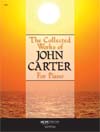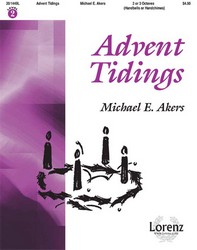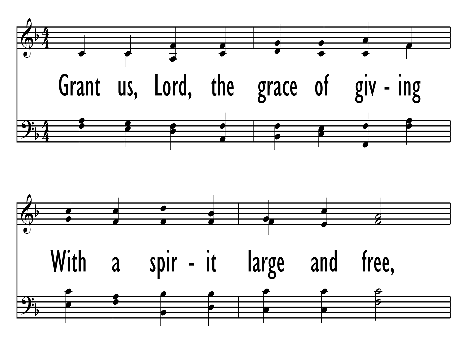Hinário Luterano #61
Display Title: Tem a terra mil encantos First Line: Tem a terra mil encantos Tune Title: STUTTGART Author: Aurelius Clemens Prudentius, 348-413; Edward Caswall; Leonido Krey Scripture: Matthew 2:11 Date: 2016 Subject: Epifania | Source: baseado ne trad. inglesa Earth has many a noble city de Edward Caswall, 1849
Hinário Luterano #61


 My Starred Hymns
My Starred Hymns







